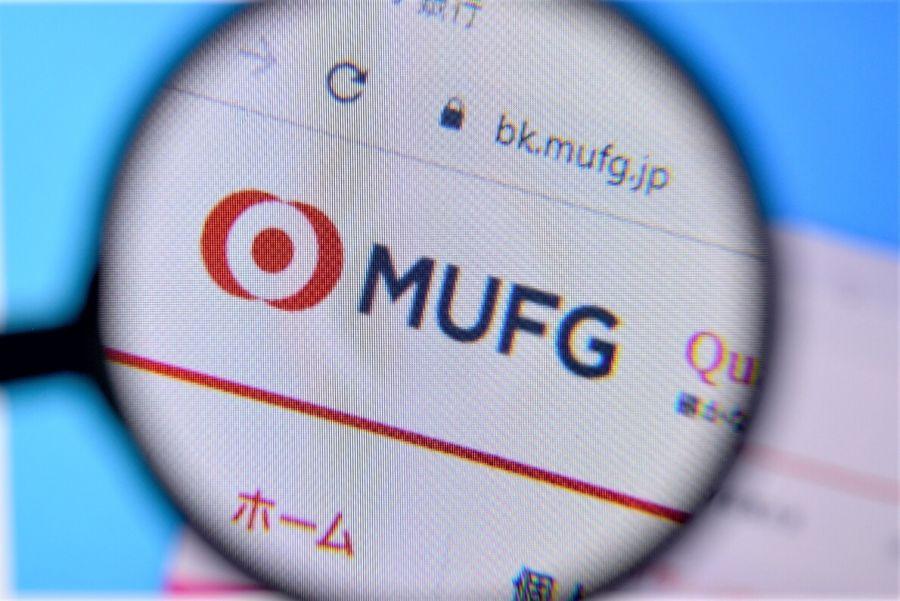
The Japanese financial behemoth the Mitsubishi UFJ Financial Group is set to create a wallet that will be capable of storing and making use of “blockchain-powered digital assets” and NFTs – although its primary goal appears to be the securities tokens market. Also, the financial giant announced that it has “begun preparing to suspend the operations of Global Open Network Japan.”
The project is the brainchild of the group’s trust banking arm, the Mitsubishi UFJ Trust and Banking Corporation. In a press release, the company said that the service would be named ProgmatUT – and that its name was a nod in the direction of utility tokens.
The wallet, the company explained, would make use of utility tokens to allow users to store a “range of” different “digital assets,” including security tokens and stablecoins. It will also make use of a new blockchain protocol – and will see the firm, as well as a number of partner firms issue what they claimed would become the “first asset-backed security token in Japan.”
“Multiple public offerings” are also in the pipelines, the company continued, and the firm claimed that, according to its roadmap, “a secondary market will be established” next year. The blockchain network is also slated for release sometime in 2023. And, to top it all off, the financial giant added:
“We are planning to issue Japan’s first trust-type stablecoin – the Progmat Coin.”
The firm said it hoped to have a beta version of its ProgmatUT offering ready later this year.
The project appears to have been in the pipelines since November 2019, when Mitsubishi UFJ agreed a deal with the domestic securities giants SBI and Nomura – both of whom have grown increasingly keen on both crypto and blockchain-powered tokenized securities offerings in recent years. The deal also included Kenedix, a leading Japanese real estate firm.
Tokenized real estate is also a growing sector in Japan – although the latest press release made no direct mention of property-related tokens.
However, the ecosystem appears to allow users to issue security tokens and manage them using the new wallet – and could also be used in conjunction with tokenized loyalty point programs.
Open platform to be closed
In either case, the financial giant also aims to suspend the aforementioned operations of Global Open Network Japan – a joint-venture blockchain-powered payments project it co-launched with Akamai Technologies in April 2019. The network’s initial goal was creating an “open platform with high scalability and multi-connectivity data processing in response to the rise of the internet-of-things (IoT),” enabling rapid blockchain-based payments in a number of scenarios.
It officially debuted in April last year, but Mitsubishi UFJ has decided to pull the plug less than a year later, citing slow transaction growth, a coronavirus pandemic-related slowdown, poor uptake, and a lack of integration with the IoT sector.
The firm added that it would “begin liquidation procedures” after consulting with its clients and partners in the venture.
However, the group stated it would “continue to accelerate digital transformation as a core strategy to achieve the goal of becoming a leading business partner that pioneers the future with financial and digital capabilities.”
It also added that it would continue looking for ways to work with Akamai, which describes itself as a “leading content delivery network services provider for media and software delivery and cloud security solutions.”
___
Learn more:
– Mitsubishi, Banking & Telecom Giants Invest USD 62M in DeCurret
– Fractional NFTs Might Democratize Digital Investing
– Singapore’s DBS Bank to Launch Retail-Focused Crypto Trading Desk in 2022
– This Is Why TradFi Will Integrate DeFi into Global Finance
This article first appeared at Cryptonews